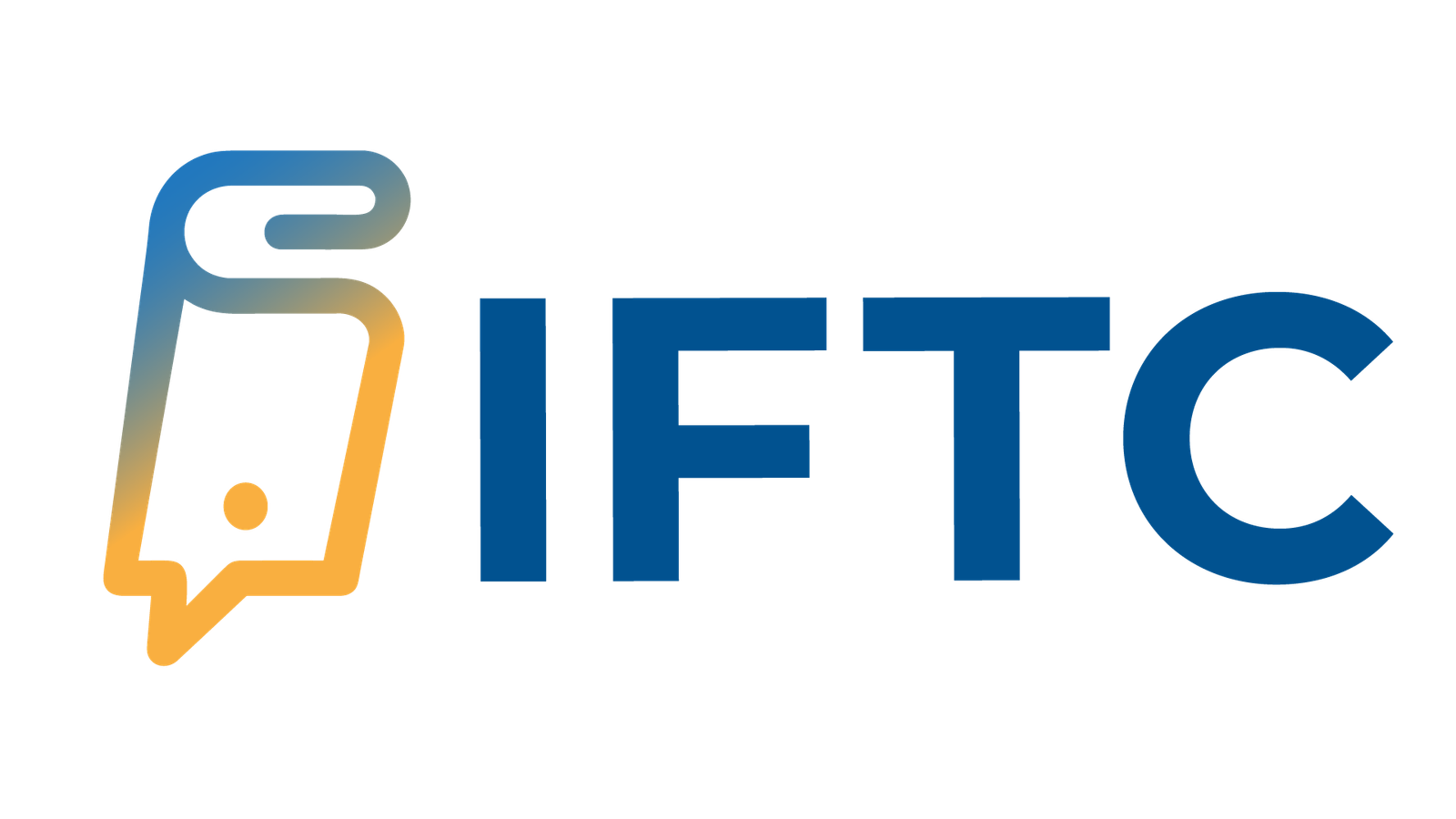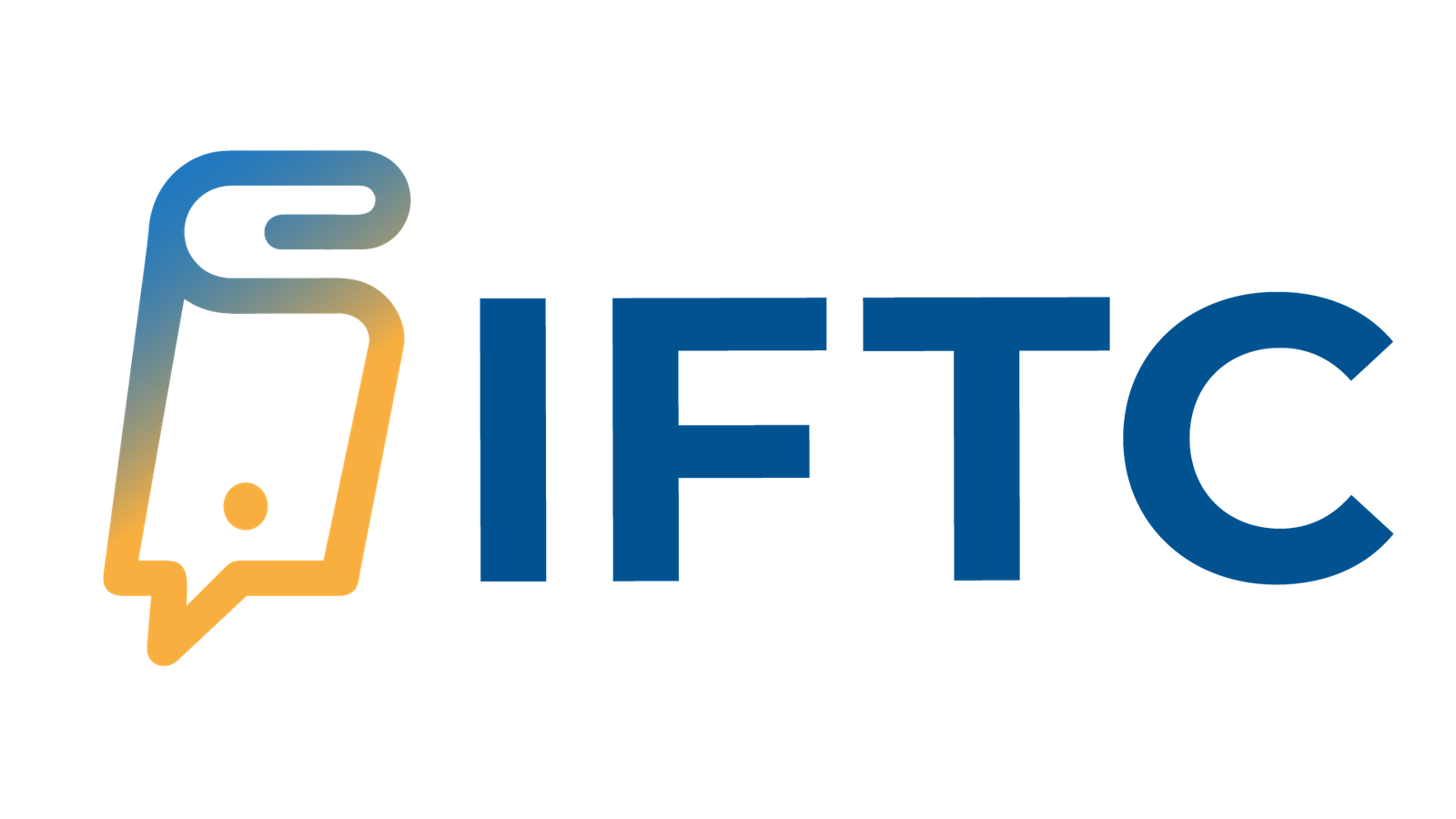
Beyond the MBA: Powerful Business Skills You Must Master for the Next Decade
Beyond the MBA: Powerful Business Skills You Must Master for the Next Decade
For decades, the Master of Business Administration (MBA) has been the gold standard for career advancement in the world of management and entrepreneurship. But as the business landscape undergoes rapid transformation, many professionals and educators are asking a critical question: Is an MBA alone still enough?
While MBAs continue to offer strong foundational knowledge in finance, marketing, and strategy, the realities of a digitally connected, fast-paced, and unpredictable global economy demand a new breed of business professionals—ones equipped not just with traditional business acumen, but also with modern, interdisciplinary skills that align with the challenges and opportunities of the next decade.
Whether you're a recent graduate, a mid-career professional, or an aspiring entrepreneur, here are the essential business skills you need to stay relevant and thrive beyond the traditional MBA framework.
Digital Fluency and Data Literacy
In the past, a solid grasp of Excel and PowerPoint may have sufficed. But in 2025 and beyond, digital fluency is a non-negotiable asset. Managers and leaders must be able to:
- Understand and interpret data analytics dashboards.
- Make decisions based on data-driven insights.
- Use tools like Power BI, Tableau, or Google Analytics.
- Collaborate with data scientists or AI developers effectively.
Why it matters: Data has become the new oil. Those who can extract insights and turn them into actionable strategy will outpace competitors—regardless of industry.
Agile Thinking and Adaptive Leadership
In today’s uncertain environment, long-term plans can become obsolete overnight. What matters more is a leader’s ability to pivot quickly, learn rapidly, and guide teams through change.
Postgraduate business education is increasingly focusing on:
- Agile methodologies borrowed from software development.
- Scenario planning and crisis response strategies.
- Encouraging a mindset of experimentation over perfection.
Why it matters:
Agile thinking allows leaders to navigate volatility with resilience—an invaluable trait in a world of pandemics, geopolitical tensions, and disruptive innovation.
Emotional Intelligence and Inclusive Leadership
Gone are the days when strong leadership meant command-and-control. In today’s work culture, leaders need high emotional intelligence (EQ) and the ability to foster diverse, inclusive teams.
Key competencies include:
- Empathy and active listening.
- Conflict resolution and collaboration.
- Cultural awareness and unconscious bias training.
- Building psychologically safe work environments.
Why it matters:
Studies consistently show that emotionally intelligent leaders build stronger, more productive teams—and are better equipped to manage across cultures and generations.
Innovation and Entrepreneurial Mindset
Even within established corporations, the demand for intrapreneurs—employees who act like entrepreneurs inside the business—is growing. This means:
- Spotting opportunities in customer pain points.
- Championing new products or process improvements.
- Managing uncertainty and calculated risk-taking.
Educational institutions are now offering entrepreneurship bootcamps, design thinking workshops, and lean startup simulations to nurture this spirit.
Why it matters:
Innovation is not just for startups. Every organization needs forward-thinkers who can drive change and spot new revenue streams.
Sustainability and ESG Competence
Environmental, Social, and Governance (ESG) factors are now boardroom priorities, not just CSR talking points. Investors, customers, and employees alike demand purpose-driven business practices.
Modern business leaders must understand:
- Sustainable business models and circular economy principles.
- Carbon accounting and climate risk reporting.
- Social impact measurement and stakeholder capitalism.
Why it matters:
Sustainability is not only about compliance—it’s about building future-proof businesses that attract talent, capital, and customers.
Strategic Communication and Storytelling
Technical knowledge is only valuable if you can communicate it persuasively. Business professionals now need to be:
- Skilled storytellers who can pitch ideas clearly and convincingly.
- Effective digital communicators across multiple channels.
- Public-facing thought leaders on social media or at conferences.
Business schools are embedding communication modules that include media training, presentation mastery, and strategic writing into their postgraduate programs.
Why it matters:
In an age of information overload, the ability to communicate clearly sets leaders apart.
Strategic Communication and Storytelling
Technical knowledge is only valuable if you can communicate it persuasively. Business professionals now need to be:
- Skilled storytellers who can pitch ideas clearly and convincingly.
- Effective digital communicators across multiple channels.
- Public-facing thought leaders on social media or at conferences.
Business schools are embedding communication modules that include media training, presentation mastery, and strategic writing into their postgraduate programs.
Why it matters:
In an age of information overload, the ability to communicate clearly sets leaders apart.
Global Mindset and Cross-Cultural Competence
In a hyperconnected economy, business is rarely confined to national borders. Leaders must:
- Navigate cross-cultural negotiations and partnerships.
- Understand regional market dynamics and regulations.
- Build global teams that collaborate across time zones and cultures.
Many postgraduate programs now offer international immersion experiences or virtual global team projects to develop this perspective.
Why it matters:
A global mindset expands opportunities, enhances empathy, and improves competitiveness in multinational markets.
Lifelong Learning and Self-Directed Growth
Finally, perhaps the most important skill of all: the ability to keep learning. The half-life of business knowledge is shrinking. Technologies, markets, and methods evolve faster than traditional syllabi can keep up.
Forward-thinking professionals are:
- Enrolling in micro-credentials and online specializations
- Listening to industry podcasts, joining communities, and reading constantly.
- Treating learning as a continuous habit, not a phase of life.
Why it matters:
The future belongs to the adaptable—not just the academically accomplished
The Role of Postgraduate Business Academies in 2025
While the MBA remains a respected credential, postgraduate academies around the world are responding to changing needs by offering:
- Modular and flexible programs focused on real-world application.
- Specialized diplomas and certificates in topics like digital transformation, fintech, sustainability, or AI leadership
- Industry-integrated learning that brings students into direct contact with business challenges
These programs empower professionals to stay ahead without pausing their careers—a critical advantage in today’s competitive job market.
Conclusion: Go Beyond the Degree
The next generation of business leaders won’t be defined solely by the degrees they hold, but by the skills they continuously build. Whether or not you pursue an MBA, the key is to ensure your learning journey aligns with the real demands of the future.
From digital fluency to inclusive leadership, from data analysis to sustainability—these are the new essentials. And postgraduate academies that deliver education at the intersection of relevance, flexibility, and innovation will shape the leaders of tomorrow.
So don’t just chase credentials. Chase capabilities.



